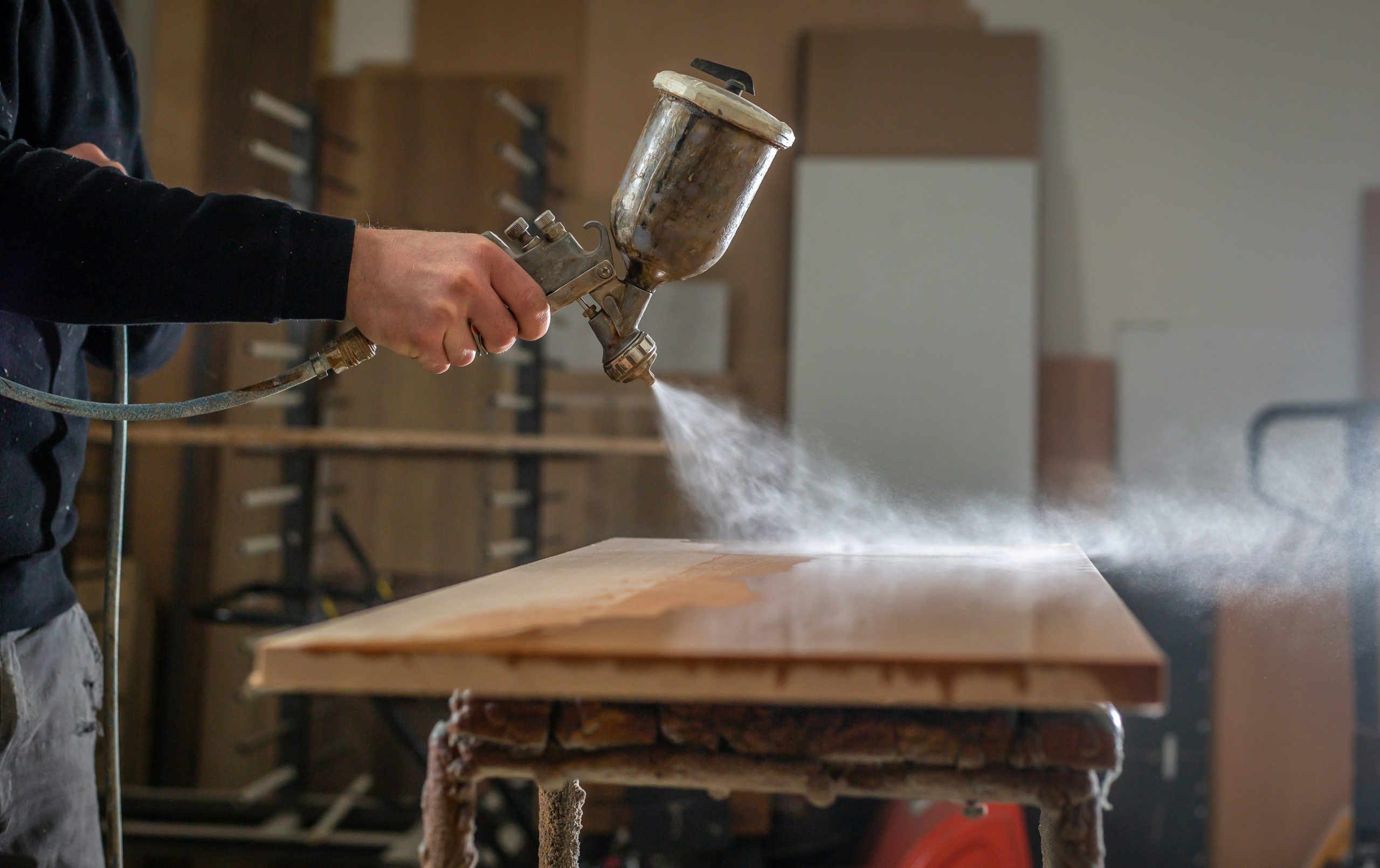
Furniture is one of the most imported goods from China, totalling $50 billion in yearly exports. However, furniture is also one of the most likely products to contain illegal timber. As such, businesses sourcing either whole furniture or parts should take extra care.
In the UK, businesses have a legal responsibility to ensure that their timber is legally sourced. Failure to comply with due diligence obligations can result in unlimited fines and even imprisonment. In addition, if your goods are suspected to contain illegal timber, they can be stopped at the border, halting your supply chain.
What Regulations Are in Place? What Documents Do I Need to Import Timber Into the UK?

Importing timber isn’t as simple as placing an order and waiting. There are a wide array of regulations that need to be met. Let’s take a look at some of the regulations in place, and the documentation that you will need in order to meet them.
Remember, failure to follow these regulations could mean that your shipment isn’t allowed across the border, and may result in hefty fines.
UKTR
United Kingdom Timber Regulations (UKTR) is the set of regulations that govern the import of timber into the UK. Its primary purpose is to curb the import of illegal timber.
A key requirement under the UKTR is that operators exercise due diligence in sourcing. This means that they must take steps to ensure that the timber has been obtained legally.
Due diligence comes in two parts. First, importers are expected to have the following information on their timber: species, country of origin, supplier, and compliance with national legislation. Second, based on the information listed above, importers are expected to assess the risk of illegal timber in the supply chain.
If the risk is significant, importers must then take steps to mitigate that risk. These might include an on-site supply chain audit, or conducting an analysis of the timber to verify species.
CITES Regulations
CITES regulations serve to protect endangered species. In order to import certain types of timber, you will need to apply for a CITES permit.
Phytosanitary Regulations
Phytosanitary regulations serve to limit the spread of disease and pests. Your timber or wooden furniture may be subject to these regulations. If it is, then you will need to request a phytosanitary certificate from GACC (General Administration of Customs of China).
Fire Safety Regulations
Furniture imported to the UK must meet fire safety standards. You may need to provide some documentation to demonstrate your compliance with these standards.
Chemical Regulations
The UK has regulations surrounding the import of hazardous chemicals. Make sure that the materials used in your furniture comply with these standards.
What Types of Timber Are Commonly Used for Manufacturing Furniture in China?

Plywood
Cheap, durable, and versatile. Plywood is often used as a key source of structural integrity within pieces of furniture.
Particleboard
Even cheaper than plywood, although not as durable. Particleboard is made from particles of wood, that are bound together with pressure, adhesives, and heat.
Sustainable Timbers
It is also possible to use sustainable timbers such as bamboo and cork. Bamboo is more susceptible to rot than other types of timber, shortening its usable lifetime.
Custom Orders vs Premade
There are two ways to order furniture from China. The first is to order it premade. In this case, you have little involvement in the design of the product. You simply choose a design you like and order it.
The second is to order a custom-made design. In this case, you are involved in the design specs and can make specific requests, including requests about the materials used. This option is more complex to implement. However, a custom order gives you more control over the materials used. This can be an advantage if you want to use timber from the most sustainable sources.
Conclusion
When importing either whole furniture or parts from China, businesses should take care to ensure that all timber is legally sourced. They must also abide by CITES, Phytosanitary, Chemical and Fire Safety Regulations. Failure to comply with regulations can result in fines, imprisonment and confiscation of the imported goods.
If you need help navigating your legal obligations, consider working with Easy Imex. We are a sourcing company with over 16 years of experience in the Chinese business space, and we have facilitated over $180,000,000 in exports over the years.

